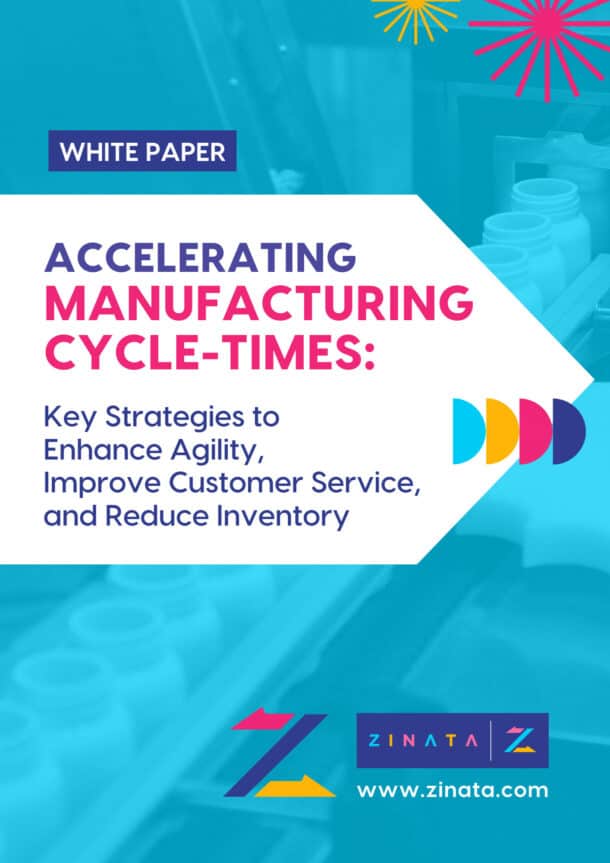When disruption knocks, will your supply chain answer with resilience or stumble?
When the scorecard is a sea of red, it’s clear that reactive measures are no longer enough to address the challenges at hand. In today’s dynamic business environment, interruptions in the supply chain are a constant reality no executive can afford to ignore. From material shortages and labor constraints to sudden demand spikes, environmental catastrophes, and the ripple effects of geopolitical uncertainty, the complexities are relentless. For manufacturing leaders, navigating the unexpected requires fostering agility within operations—and the foundation of that agility is detailed manufacturing scheduling (DMS).
According to the Gartner Market Guide for Detailed Manufacturing Scheduling, the orchestration and synchronization of manufacturing execution activities are critical to aligning high-level planning with shop floor realities. Organizations struggle to adapt without this alignment, leading to inefficiencies, delays, and higher costs.
Here are three key insights from Gartner that highlight why investing in advanced scheduling technology is essential for building resilient manufacturing operations:
1. Bridging the Gap Between Planning and Execution
Traditional planning tools often fail to translate master production schedules into actionable, real-time shop floor activities. DMS provides the granularity needed to ensure that every resource—from machines to labor—is optimally aligned with operational constraints, enabling rapid adjustments in response to disruptions.
2. Agility Through Synchronization
Agility in manufacturing is not just about speed; it’s about making informed decisions at the right time. Advanced scheduling solutions synchronize activities across materials, equipment, and labor, ensuring seamless flow and minimizing bottlenecks. This capability is indispensable when disruptions require immediate recalibration of production plans.
3. Leveraging Analytics for Proactive Decision-Making
Modern scheduling technologies leverage predictive and prescriptive analytics to anticipate disruptions and model “what-if” scenarios. This enables manufacturing leaders to move from reactive problem-solving to proactive planning, reducing downtime and ensuring continuity.
At Zinata, we understand that resilience is not a one-size-fits-all solution. Our consultants specialize in designing tailored operational frameworks that seamlessly integrate advanced scheduling tools, aligning technology with efficient processes and enhanced knowledge. Working closely with our customers, we empower teams to build expertise, optimize workflows, and ensure agile, resilient manufacturing operations. From identifying capability gaps to implementing cutting-edge solutions, we help organizations expertly transform disruption into growth opportunities.
The Role of Advanced Tools in Building Operational Resilience
Investing in detailed manufacturing scheduling technology is not just a strategic decision; it’s an operational imperative. As Gartner highlights, the orchestration of execution activities is central to staying competitive in a disrupted world. By embracing agile operational frameworks powered by advanced scheduling tools, manufacturing leaders can ensure their businesses are prepared for whatever challenges lie ahead.
Ready to future-proof your operations? Contact Zinata to learn how we can help you build resilience and thrive amid uncertainty.



